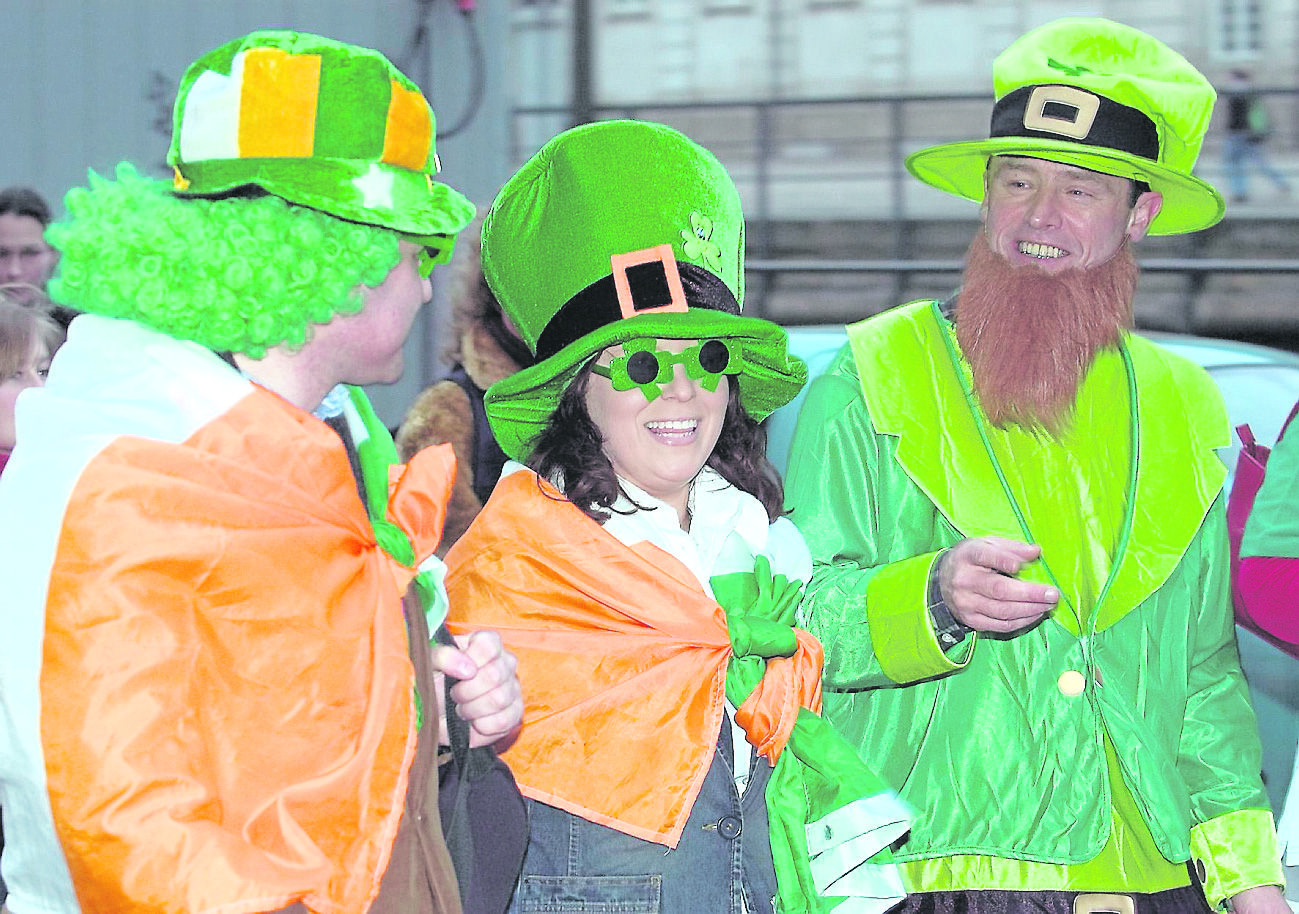Do you know what a foreign accent is? It’s a sign of bravery.”
Celebrating diversity
The American lawyer and author Amy Chua’s quote popped up on my Twitter feed the other day. I initially didn’t think much of it, but later on I pondered it a little more. What does she actually mean?
Well, first off, I don’t think she was speaking about St Patrick’s Day in Copenhagen. From the north (“Wha abut y’?”) to the south of Ireland (“A boy the kid!”), our island’s many varied accents will be out in force this coming Thursday – a day when Denmark’s diversity, not just the Irish but the entire international community, is celebrated and embraced. And to be sure, it’s a day when an Irish accent is gold-dust – so more bravado than bravery.
UB40 for Henry Higgins
It will be a reminder to many present that the world has many languages, and within them many accents, but it’s questionable how much accents truly define you these days (compared to the era of ‘My Fair Lady’ for example). While some are still perceived as representations of class or a different geographical location with its various associations, on a global scale their significance is increasingly diluted.
I can understand where Chua was coming from, or specifically her parents with Chinese accents who were ridiculed when they settled in the US. An accent, in their case, was brave as it signified they were taking a risk, embarking on an adventure to confront a fear of the unknown.
Wearing ‘em like clothes
My father himself had a very thick southwest Irish accent. I always remember that when I had friends over at the house they would whisper to me: “Does your old man come with subtitles?” I would later recall that when I was taught Danish by a native German teacher who spoke with a Jyske accent, which meant my Danish was doomed from the get-go. The looks my girlfriend gave to me when I first tried to speak following those classes – she thought I was speaking Finnish!
As the information age has taken hold, pop culture accents have become more prevalent. My cast often chat in their favourite American or British accents to the point they’re adopting them. And they seem more comfortable wearing them like they were clothes than the older generation were.
It’s refreshing. I guess today my own Irish accent has flattened. I’m either from the Netherlands, Canada, Australia, England, the USA or – just recently when I was chatting to an Icelander about a location for a scene, she said I sounded like a Dane speaking English … help!
Accent in film
I’m very conscious of actors’ accents when casting. ‘No Right Turn’ was non-location specific, but I chose British English to keep the entire universe in sync. I think it worked in an offbeat way. My latest project ‘Bakerman’ is what I would call ‘Copenhagen style’. Although the main actor is from Aalborg, his accent suits the role, as he’s playing a character lost in a big city. Everyone else speaks ‘Københavner’ except for one girl who speaks English with a Turkish accent, which was fun to play around with.
I think it’s challenging enough at the best of times living in a country that becomes your adopted home, so it’s fine if you can’t speak perfectly or with an accent.
As long as you can communicate – that’s the most important thing and sometimes it’s much more fun that way. So yeah, be brave!














